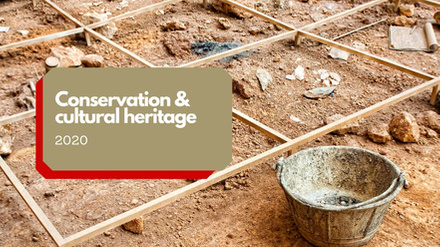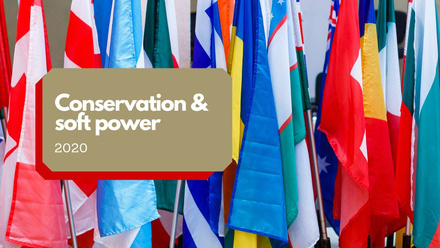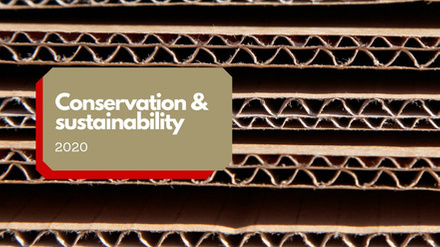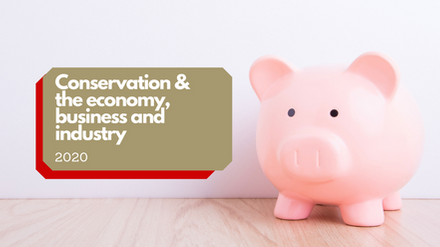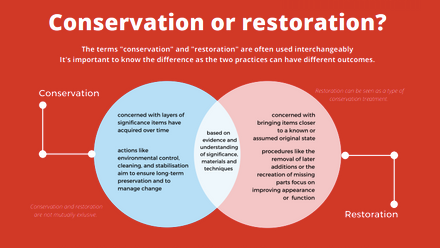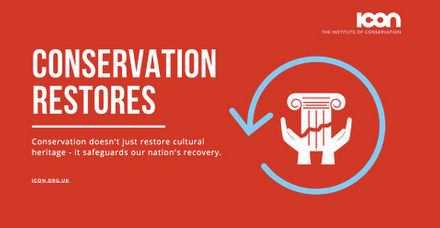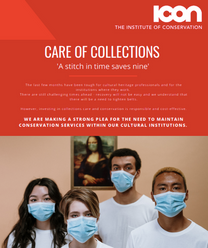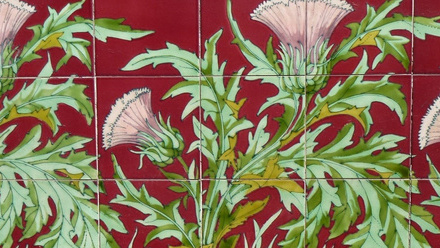Conservation physically preserves cultural heritage, allowing for items to be displayed, researched and used.
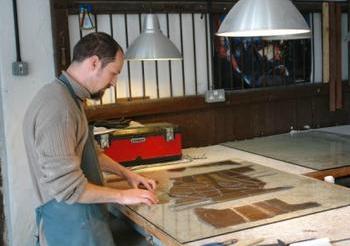
It is a highly skilled and cross-disciplinary practice that links the arts, science, humanities, social science and technology.
The purpose of all conservation is to facilitate the public’s access to and enjoyment of our cultural heritage. It helps us understand ourselves and our future by preserving our past.
What do conservators do?
Conservators save the things that matter most - everything from national treasures to family heirlooms and collectables. Not to mention household items like books, furniture and plastic dolls!
Conservators are highly trained and use their knowledge, skills and experience to understand precious objects before suggesting ways to protect and preserve them. You can easily find a conservator using our free Conservation Register.
From looking after the dinosaurs in our museums to revealing the hidden stories in a painting - a career in conservation is exciting and ever changing. Some conservators work in private studios while others have responsibilty for the strategic care of collections in national musuems. Find out more about a career in conservation.
There are many aspects of conservation, including investigation, preventive care, remedial treatment, packaging, display, cleaning, repair and restoration. Our Glossary can help you navigate key terms.
Watch a 5-minute video about how conservators preserve evidence of the past and reveal the stories of objects.
Conservation or restoration?
The terms "conservation" and "restoration" are often used interchangeably and you might sometimes hear conservators being called restorers. It's important to know the difference as the two practices have different focuses and outcomes as shown below.
Check out our Conservation or Restoration factsheet for examples of conservation and restoration from around the world.
Conservation specialisms
Conservators specialise in areas of conservation. Common conservation specialisms include:
- Archaeology
- Book & Paper
- Ceramics & Glass
- Ethnography
- Furniture & Wooden Objects
- Metals
- Paintings
- Photographic Materials
- Stained Glass
- Stone & Wall Paintings
- Textiles
There are also cross-disciplinary specialisms such as heritage science, pest management, and documentation. Icon members can join groups & networks that focus on specific topics in conservation. Find out more about Icon membership.
Conservation factsheets
Find out more about conservation through our free downloadable factsheets.


